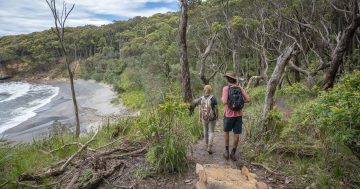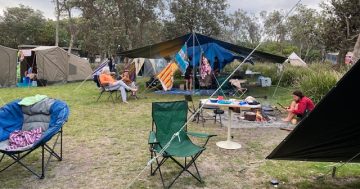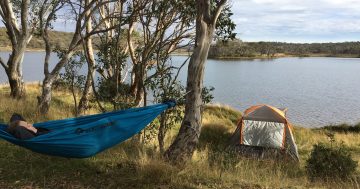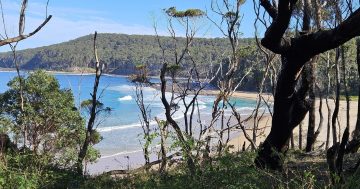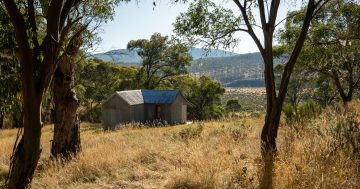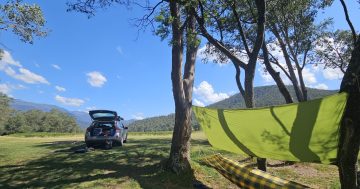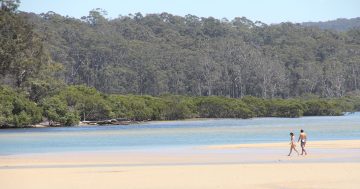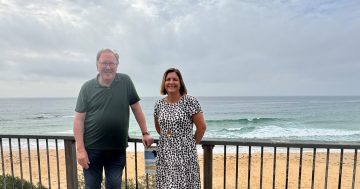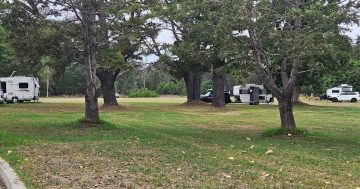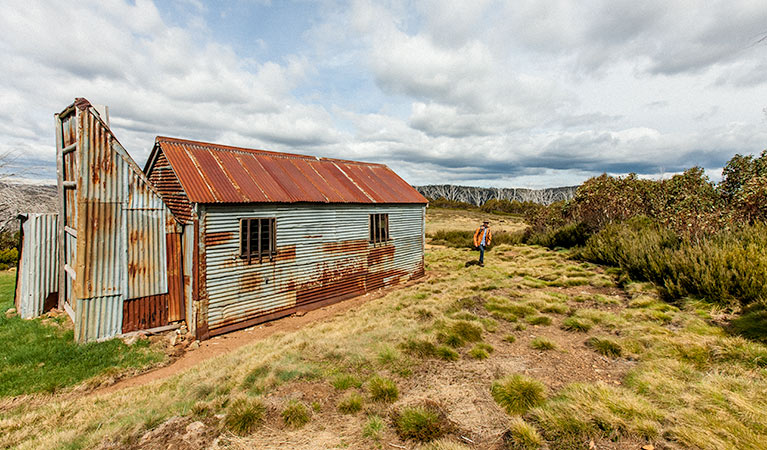
Round Mountain Hut, Kosciuszko National Park. Photo: NSW Parks and Wildlife Service.
The NSW National Parks and Wildlife Service (NPWS) has called for expressions of interest (EOI) from businesses to run supported camping in 16 national parks around the state.
The NPWS is planning to offer licences for 23 campgrounds across NSW, including Ngarigo and Thredbo Diggins in Kosciuszko National Park. Other sites include two campgrounds in Murramurang National Park and Picnic Point in the Mimosa National Park.
The proposed licences, which include priority allocation of sites, could mean fewer spots at some of NSW’s most popular campgrounds.
According to the NPWS’s ‘opportunity package’, supported camping can include tents, caravans, or camper trailers, as well as setup, equipment, and food services.
The licences will offer businesses several benefits, including promotion through the NPWS website, park entry fees, and priority allocation of camping spots.
While businesses would not be allowed to set up permanent camps, the priority allocation system will allow them to pre-book campsites one year in advance, which they would then on-sell to tourists along with other services.
How many sites per campground a business is allowed to book is unclear, but the NPWS states that at least 45 per cent of reserved campsites need to become bookings, or they reserve the right to limit the number of sites a business can book.
Each licence will cost $830.40 to $1245.60 per year, as well as a five to 10 per cent turnover contribution fee on any gross income. Licensees will be given exclusive provider rights to the nominated campground.
Each licence will be for three years with an additional three-year option.
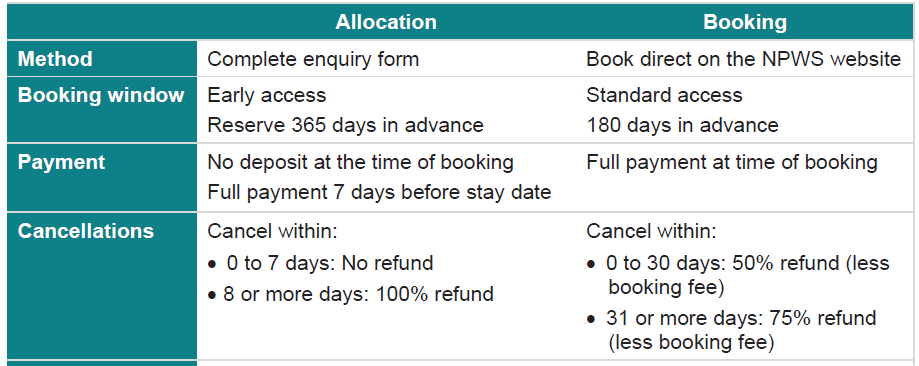
Proposed allocated bookings system for licensees compared to the existing booking system. Photo: National Parks and Wildlife Service.
EOI documents state the program is aimed at making camping more accessible for people who want to camp but may not have access to equipment.
“By offering a service that provides fully set-up camping gear, we can make camping more accessible, encourage more people to explore the outdoors, and help them gain confidence,” the documents state.
How this will affect campsite availability is hard to say. The NPWS has not declared how many campsites businesses will be able to reserve, or for how long.
Region asked NPWS how this might affect availability.
“NPWS has developed the trial in response to growing demand from people interested in camping, but who lack the necessary gear and experience – which can be a significant upfront cost hurdle for first-time campers,” a NPWS spokesperson said.
“Research published by Instinct and Reason in 2023 showed 62 per cent of adults in NSW are open to camping including 10 per cent who have never camped before but are keen to try.”
Overbooked campgrounds have been a consistent complaint in the state since the NPWS introduced a controversial COVID booking system in 2022, which eliminated free camping in the state.
The system resulted in many campers complaining of ‘ghost bookings’, where people reserved sites but didn’t turn up, leaving popular campgrounds booked out but empty.
At the same time, the NPWS has reported increased visitation to national parks resulting in additional pressure on existing facilities.
Many campers had been hoping that NPWS would revert to its pre-COVID model and build more campsites. Thirteen thousand people recently signed a petition in favour of scrapping the booking system.
But the NPWS has gone in a different direction. It is proposing to raise fees on campsites to as much as $89 per night.
The EOI will be open for submissions until 28 October, with an estimated licence commencement date of March 2026. Further details can be found here.







